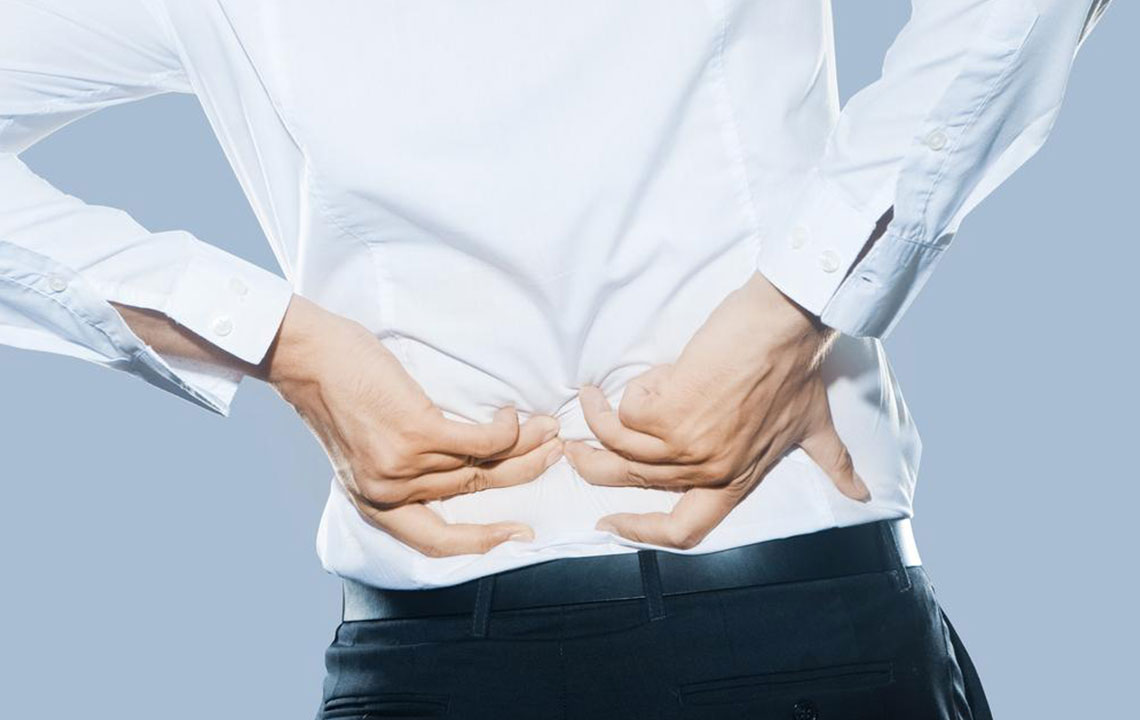Effective Treatment Options for Bulging Disc

When one or more disc of cartilage present between the intermediate bones of the spine protrudes beyond a certain limit, it is referred to as bulging disc. This condition usually affects the lower back known as the lumbar region. They also happen to occur in the middle region of the spine called as thoracic and neck (cervical) region. The person, in this case, might have to undergo bulging disc treatment.
Made up of cartilage, these discs provide flexibility and allow maximum shock absorption against the daily rigors that our body goes through – Walking, bending, lifting and even sitting puts stress on your spine. The stress increases if we overdo any of these physical activities.
Although the symptoms of bulging discs are symptom-free initially, the seriousness of the symptom might increase, if the nerve roots in the spinal canal start experiencing the pressure exerted by the bulging disc. This results in pain and inflammation in the particular part of the body whose spinal nerve is getting affected due to the bulge. Bulging disc is a byproduct of an aging spine as it becomes drier and weaker with age.
The symptoms of bulging disc depend on the location of the inflamed nerve. Some common symptoms include pain, numbness, weakness, spasms and tingling sensations that might manifest in the arms and legs.
For light to moderate symptoms, a chiropractic adjustment might suffice, but if the condition is chronic, it is advisable to consult a doctor for bulging disc treatment. There are a variety of minimally invasive procedures and techniques that provide relief from neck and back pain and offer recovery in a shorter period of time as compared to conservative traditional open back surgery.
Bulging disc treatment options
Mild cases of bulging disc can be treated efficiently using nonsurgical methods. The aim of these treatments is to reduce the pressure on the damaged disc and block the nerve pathways in the spinal canal to send pain signals to the brain. Some of these treatments include:
- Transcutaneous electrical nerve stimulation (TENS)
- Cortisone injections
- Ultrasound therapy
- Physical therapy
- Topical analgesic pain relieving patches
- Yoga or stretching
You can also apply conservative treatments that can be combined with other methods to get pain relief more effectively. Always consult your doctor before changing or beginning with a new treatment to avoid complications. If any of these treatments do not provide relief, then the person might require spine surgery for bulging disc treatment.
Nerve compression
There are two types of bulging disc treatment options in this category
- Traditional Spinal fusion
In this open spine surgery, the doctor accesses the affected region of the spinal cord by making a large incision. The cartilage is removed and is replaced with a bone graft or matrix, fusing the two vertebrae permanently. They are fused with surgical hardware with the help of metal cage and rods. The section of the vertebrae, which is fused together becomes immobile permanently. The patient must stay several days in hospital citing further complications or chances of infection post-surgery. - Minimally invasive procedures
This type of bulging disc treatment involves minimal invasion as the surgeons simply put a small incision on the affected area and push back the bulging disc. The disc is carefully removed and replaced with an artificial disc and bone graft. This allows a more natural range of motion. This type of surgery has a shorter recovery and rehabilitation period and has a lower risk and complications when compared with spinal fusion.
Epidural injections
These are made up of two ingredients, a fast-acting numbing agent, and a corticosteroid. Corticosteroid help in suppressing inflammation around the nerve tissue. The numbing agent helps in numbing pain. These ingredients are directly injected into the epidural space (the outermost part of the spinal canal). This type of bulging disc treatment works in two phases, as the numbing agent provides pain relief, the effect might wear off after 8 hours while the steroid will provide relief (by reducing inflammation) in two to three days before any noticeable pain relief can be experienced.
As you are following the above-mentioned procedures, there are some practices that you should follow to get relief from the symptoms of bulging disc. Here are some practices that you can follow as a part of bulging disc treatment:
- If your symptoms are moderate, have a movement restriction for at least a month. This includes no heavy lifting, no jumping, prolonged sitting, or any such activity that puts a strain or pressure onto your back.
- Include healthy and less processed in your diet. Consume fruits and vegetables that contain necessary vitamins and minerals and other nutrients that help in reducing inflammation and thus, pain due to bulging disc. Have a high protein based diet combined with healthy fat that will help in repairing tissue at a faster rate.
- If you are overweight, try losing some by exercising. This habit alone will take some pressure off your spine. However, this is effective for people who are suffering from mild symptoms of bulging discs.
- Stretch your back frequently. Your physiotherapist will guide you with exercises that help decompress your spine naturally.
Consult your doctor before incorporating any of the above treatment options as every person will respond to the treatments differently.



